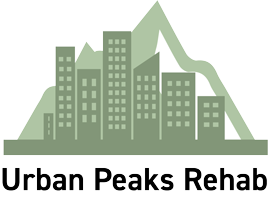Vivitrol
FAQ - Frequently Asked Questions

VIVITROL is a non-addictive, once-monthly treatment proven to prevent relapse in opioid dependent patients when used with counseling following detoxification. VIVITROL blocks opioid receptors in the brain while you work with the psychological aspects of counseling.
VIVITROL Questions
Common side effects of Vivitrol include: nausea, headache, dizziness, anxiety, and irritability. However, these are usually mild and fade once the body gets used to the medications.
The active ingredient in Vivitrol is Naltrexone, which is an opioid antagonist. That means that it binds to the opioid receptors in the brain very tightly, thereby making any opioid (or opioid-like substance) useless.
Itching may occur at the injection site, but any other itching should be reported back to your physician.
Vivitrol is not a pain medication, and if a patient takes opioids while on Vivitrol they will not benefit from them. There are suggestions for pain management in emergency situations that include the use of non-opioid pain medications.
Check with your commercial insurance/prescription coverage provider to confirm your exact benefit.
Vivitrol can only be prescribed and administered by your physician. Under no circumstances should Vivitrol be self administered by a patient.
Only physicians with a specific state license allowing XDEA medications can prescribe and administer Vivitrol.
Vivitrol is used to help prevent relapse to opioid dependence after detox, and to treat alcohol dependence.
Yes, Vivitrol can cause sleepiness.
This depends on the specific drug test you are taking. The ingredient in Vivitrol is naltrexone, which can be detected in the urine for 4 to 6 hours.
A common side effect of Vivitrol may include difficulty sleeping.
If you experience profuse sweating after receiving Vivitrol, you may be experiencing sudden opiate withdraw. Call your physician.
Vivitrol is metabolized by the liver.
Vivitrol is a schedule II narcotic.
Vivitrol treatment is a form of medication assisted treatment that helps those struggling with opioid and alcohol addiction. It involves meeting with a doctor and psychotherapy sessions, as well as staying compliant with UA’s, breathalyzers, and coming to all appointments.
